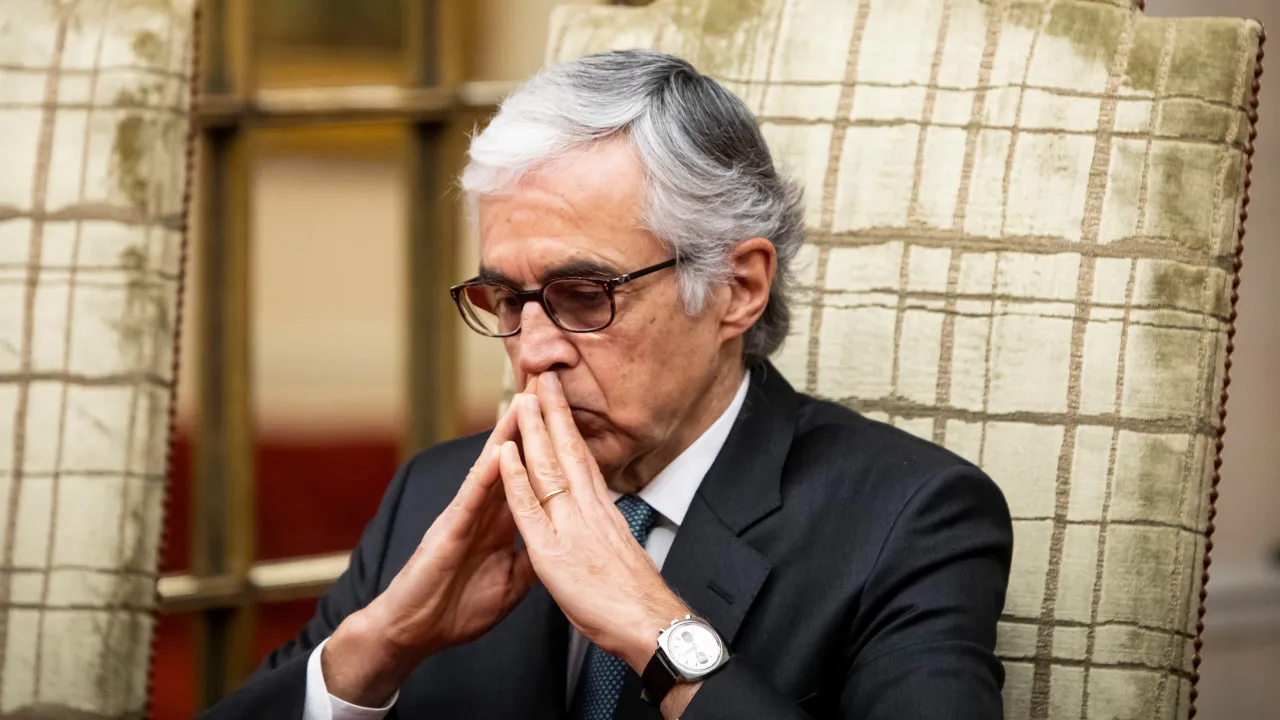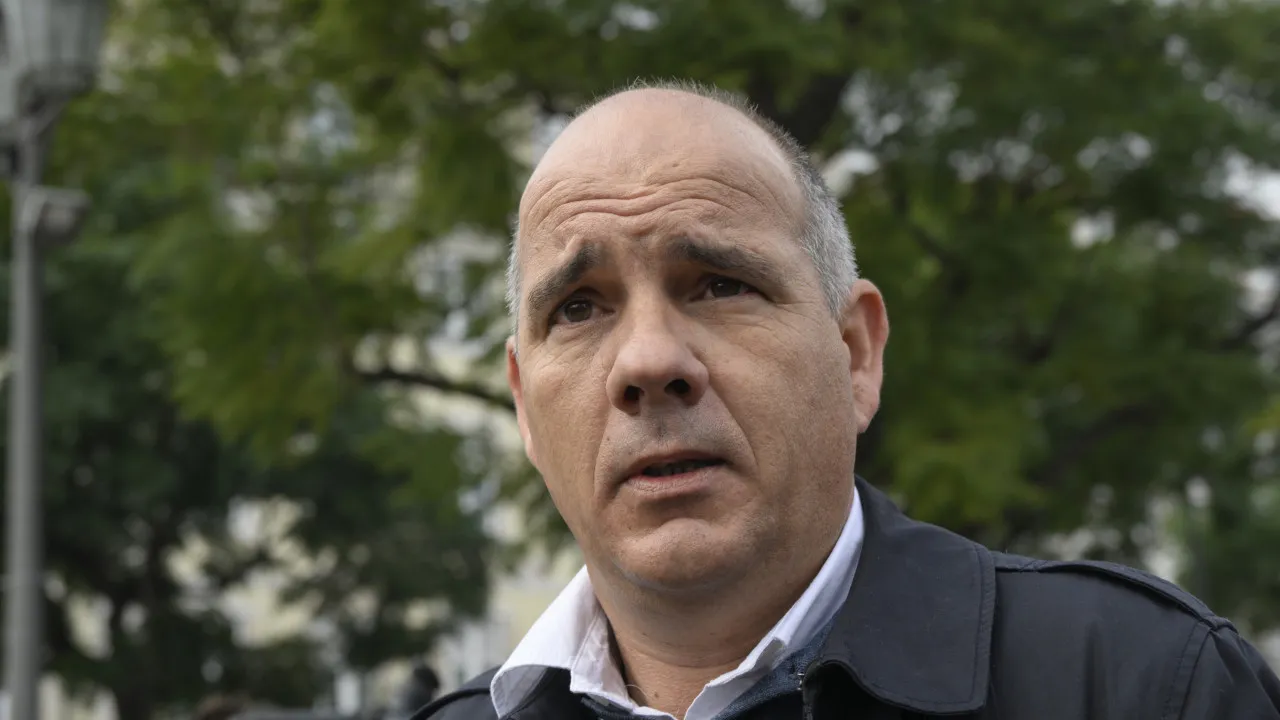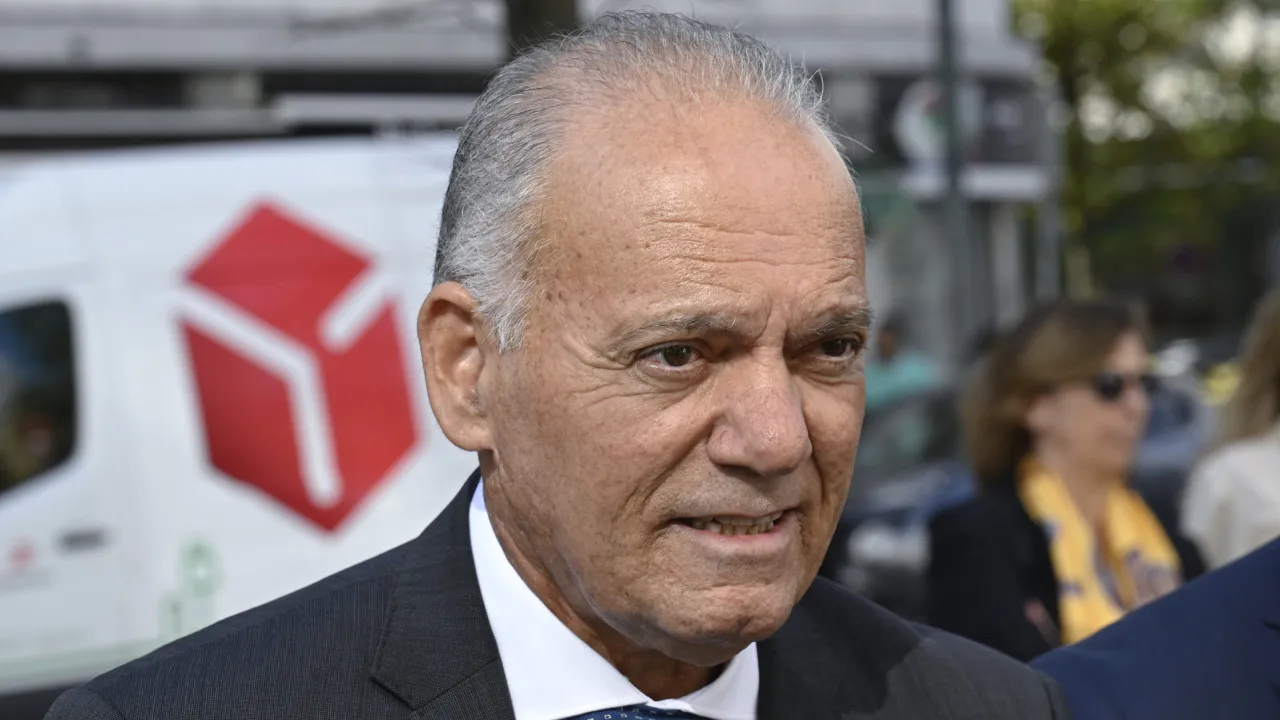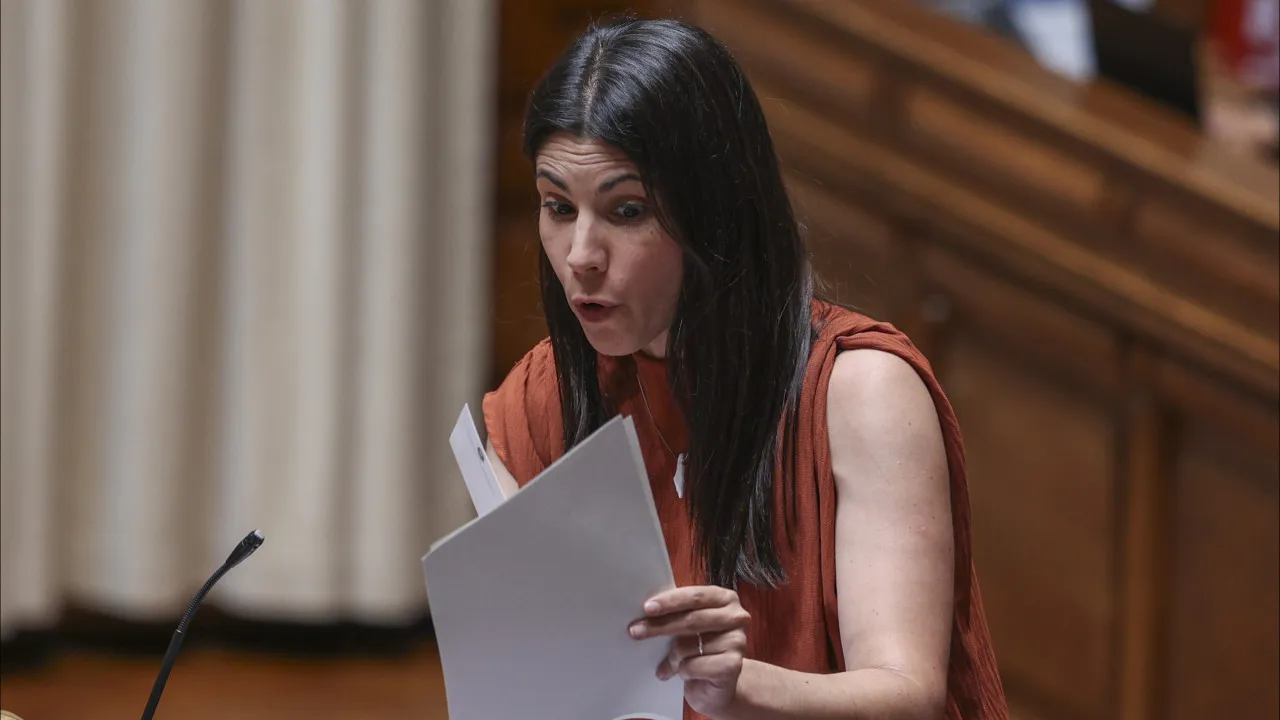
The NATO Parliamentary Assembly will mark its 70th anniversary in 2025, with this year’s meeting being the first presided over by Socialist deputy Marcos Perestrello, vice-president of the Assembly of the Republic and former Secretary of State for Defense, who was elected president of the organization last November.
A statement from the Assembly of the Republic noted that this year’s meeting takes place “in a context of particular challenges” and “will seek to continue contributing to the strengthening of transatlantic solidarity and an analysis of the Alliance’s priorities.”
On Thursday evening in Brussels, José Pedro Aguiar-Branco will attend an official reception hosted by the President of the NATO Parliamentary Assembly, deputy Marcos Perestrello, followed by an official dinner at the official residence of Portugal’s permanent representative to NATO.
On Friday morning, Aguiar-Branco will participate in a meeting with the presidents of the parliaments of NATO member countries, before attending an official lunch hosted by the President of the Belgian Senate.
Last year, at the most recent Parliamentary Assembly in Washington, the President of the Assembly of the Republic argued that the dual dimension of the Atlantic Alliance as a space for defense and freedom is more important now than ever.
“There is a general awareness that democracy and freedom itself are at stake, and the world as we wish it to be in a free society. Never before has this dual reality been so present among all its member states,” declared the President of the Assembly of the Republic.
José Pedro Aguiar-Branco, a former Social Democrat Minister of Defense, specifically addressed the issue of strengthening the coordination between the eastern and southern flanks of the Atlantic Alliance.
“Although the immediate risks are on the eastern flank due to the Russian invasion of Ukraine, there is an awareness that the threats are global. We face threats such as misinformation, often through social media, aimed at creating instability in NATO, particularly regarding enlargement objectives,” he pointed out.
In this context, the President of the Assembly of the Republic also advocated for the need to establish a strong line of communication concerning third-party countries.
“Parliaments play a very relevant role, as they represent different political families and shape the positions of the various countries. The greater the exchange of inter-parliamentary experiences, the greater the degree of coordination, the more the quality of the Atlantic Alliance will be strengthened,” he added.




